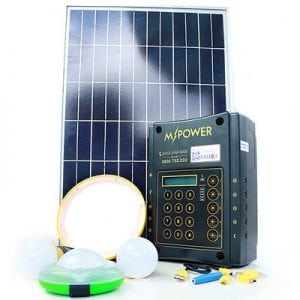
Agriculture
January 28, 2024
Off-Grid Electric Solar Home System
Read SolutionImplemented by
Off-Grid Electric
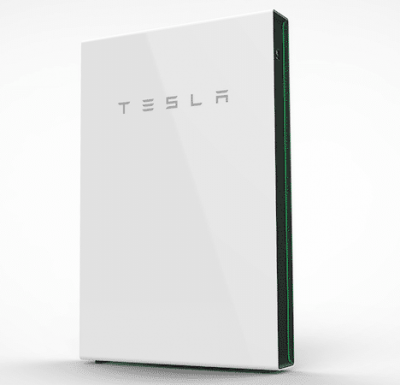
Updated on January 27, 2024
·Created on July 26, 2020
A completely automated system that can integrate solar power and storage to reduce reliance on the power grid.
Tesla’s Powerwall is a completely integrated battery energy storage system suitable for residential and small commercial applications. The system consists of a Li-ion battery that can be coupled to solar systems to store excess energy.
The Powerwall’s design allows users to connect it to any house or building’s electrical system. The batteries can also be used as a grid backup in countries with poor energy grids and high reliance on electricity, mobile communications, and mobile money, to soften energy shortages and prevent economic losses.
This product is targeted towards Solar power systems owners looking for reducing reliance on the power grid, at residential and small commercial scale. Power energy and communication utilities looking for a backup in case of power brownouts or blackouts on the main power grid
Target SDGs
SDG 7: Affordable and Clean Energy
Market Suggested Retail Price
$7,600.00
Target Users (Target Impact Group)
Household, Small and Medium-sized Enterprises
Distributors / Implementing Organizations
Tesla, Distributed Power Africa.
Competitive Landscape
Direct competitors include Sunrun Brightbox.
Manufacturing/Building Method
The lithium cells are produced in the Tesla manufacturing facility in Nevada. The Powerwall uses lithium NMC (Nickel-Manganese-Cobalt) battery cells developed in collaboration with Panasonic. Production of lithium-ion batteries consist of three main stages:
Intellectural Property Type
Trademark
User Provision Model
For household and commercial clients, contact through Tesla's website is available for several countries.
Distributions to Date Status
As of April 29th, 2020 Tesla installed its 100,000th Powerwall battery pack.
Design Specifications
Tesla's Powerwall is a fully-integrated AC battery system for residential and light commercial use. It consists of a rechargeable lithium-ion battery pack, which provides storage capacity for solar energy or grid-purchased energy. Powerwall detects grid outages and automatically becomes the house's main energy source. The product can be integrated with solar to store excess energy generated during the day. For varying utility energy prices within the day, the Powerwall can be set in Time-Based Control to maximize savings. The product also learns patterns of energy usage and solar generation, using stored energy to avoid purchasing electricity in high-cost hours. The physical dimensions of the product are 1150mm x 755mm x 147mm, weight 114 kg. The available mounting options are on the floor or wall-mounted.
Technical Support
Technical support is provided by Tesla's customer support in each country.
Replacement Components
The components are not user-serviceable. For any repairs, users may contact the Tesla Certified Installer who installed the system.
Lifecycle
Tesla's Powerwall has an estimated lifespan of 3 -10 years. Tesla provides a warranty of 10 years.
Manufacturer Specified Performance Parameters
Designer specified performance targets include 100% self-powered for up to 7+ days.
Vetted Performance Status
The economic benefit of a Tesla's Powerwall system was assessed in a study conducted by the Institute for Electrical Energy Storage Technology, of the Technical University of Munich. Based on the Return of Investment calculation for different scenarios increasing electricity prices, they found that, for average single-family houses in Germany, the system is economically favorable for an annual load larger than 3,000 kWh and a PV-system of at least 3 kWp.
Safety
Tesla claims the following safety features about this product: It is child and pet friendly with no exposed wires or hot vents (touch-safe), water-resistant and dustproof for indoor or outdoor installation (weatherproof). About the safety concerns, Tesla informs that:
Complementary Technical Systems
Up to 10 Powerwall systems can be placed together. The Powerwall can also be complemented with solar panels.
Academic Research and References
S. Rodrigues, F. Faria, A. R. Ivaki, N. Cafôfo, X. Chen, H. Mata-Lima, and F. Morgado-Dias, 2016, “Tesla Powerwall: Analysis of its Use in Portugal and United States”, International Journal of Power and Energy Systems, 203-6218.
C. N. Truong, M. Naumann, R. Ch. Karl, M. Müller, A. Jossen, H. C. Hesse, 2016, “Economics of Residencial Photovoltaic Battery Systems in Germany: The Case of Tesla’s Powerwall”, Batteries, 2(2), pp. 14.
S. Rodrigues, F. Faria, A. Ivaki, N. Cafôfo, X. Chen, and F. Morgado-Dias 2015, “The Tesla Powerwall: Does it Bring Something New? A Market Analysis”, Conference Proceedings.
Lambert, F., 2020, Tesla installed its 100,000th Powerwall home battery pack, Electrek
McCabe L., 2023, Tesla Powerwall review: Good battery, great price, Energysage
Matiashe, F. S., 2019, Zimbabwe turns to Tesla batteries to keep its top mobile money player running as a power crisis deepens, Quartz
Compliance with regulations
The Tesla's Powerwall complies with the following certifications: UL 1642, UL 1741, UL 1973, UL 9540, IEEE 1547, UN 38.3.
Evaluation methods
Unknown
Other Information
Installation of Powerwall 2 More details on Tesla powerwall review are available here Tesla Powerwall manual Peformance specification and Mechanical specification of Tesla powerwall

Agriculture
January 28, 2024
Implemented by
Off-Grid Electric
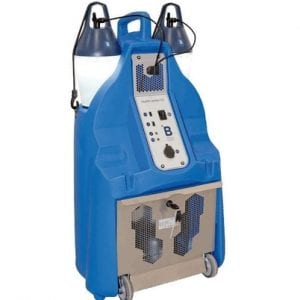
Agriculture
December 30, 2023
Implemented by
B Medical Systems
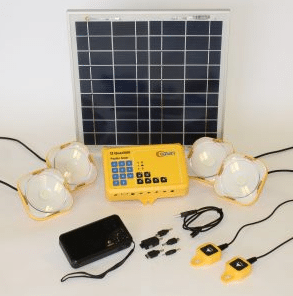
Agriculture
January 3, 2024
Implemented by
Azuri Technologies

Agriculture
January 3, 2024
Implemented by
Azuri Technologies
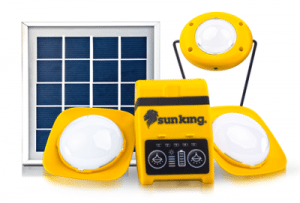
Agriculture
January 14, 2024
Implemented by
Sun King
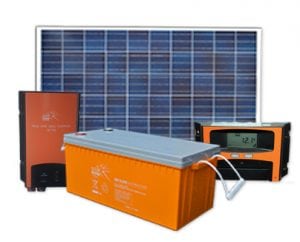
Agriculture
January 15, 2024
Implemented by
SolarNow
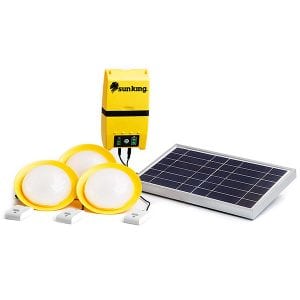
Agriculture
January 10, 2024
Implemented by
Sun King
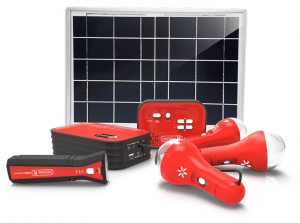
Agriculture
January 12, 2024
Implemented by
Renewit
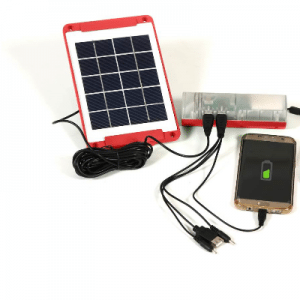
Agriculture
January 14, 2024
Implemented by
NRSRelief
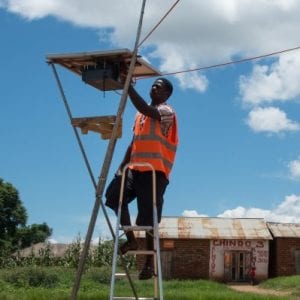
Agriculture
December 31, 2023
Implemented by
Devergy
Have thoughts on how we can improve?
Give Us Feedback